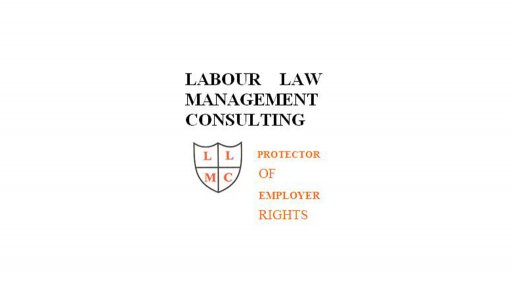
The Labour Relations Act (LRA) gives the Labour Court and Labour Appeal Court numerous and strong powers to make decisions relating to labour disputes. Section 158 of the LRA gives the Labour Court the power to make, amongst others, orders:
- Granting urgent relief and interdicts
- Remedying wrongs and determining disputes
- Clarifying legal circumstances (declaratory orders)
- For compensation and damages
- For legal costs to be paid by the loser to the winner of a case
- Enforcing compliance with the provisions of the LRA
- Enforcing arbitration awards
- Condoning the late filing of disputes or documents with the Court
- Reviewing decisions made or acts performed by the State
- Reviewing awards and rulings made by CCMA and bargaining council Arbitrators.
These orders may deal with various dispute types including unfair dismissals for misconduct, poor performance, illness and operational requirements.
In addition, the Basic Conditions of Employment Act (BCEA) gives the Labour Court the power to determine disputes relating to employment contracts. And the Employment Equity Act (EEA) empowers the Labour Court to make orders relating to unfair discrimination disputes.
The Labour Appeal Court has higher powers than the Labour Court and can hear appeals against the decisions made by that court. In addition, it has the power when required, to deal directly with any of the matters normally dealt with by the Labour Court under the LRA.
It is clear that these two courts have very substantial powers. And they are not normally reluctant to exercise their powers strongly even if it results in a very severe financial burden to the party on the receiving end.
While these courts have extensive powers they do not seem to be sure of the exact extent thereof. For example, there seems to be strong disagreement between the different courts as to the maximum amount they may award to unfairly treated employees.
The LRA specifically lays down the maximum amount that the Court may award by way of compensation when the dismissed employee is not reinstated. This limit is 24 months’ remuneration in the case of an automatically unfair dismissal and 12 months’ remuneration in all other unfair dismissal cases. However, the LRA is silent as to whether there is any maximum limit on the amount of back-pay the Court may award in tandem with a reinstatement order. It has, for a very long time, been assumed that the amount of the back-pay is only limited by the number of months between the date of dismissal and the date of the reinstatement. However, not all judges accept this assumption, which results in conflicting court decisions. The result of the lack of clarity of the LRA in this regard is confusion for those relying on it.
In the light of this uncertainty the best solution for employers is not to end up in the Labour Courts. They can only achieve this by ensuring that, before they take any decision affecting employees, they get labour law and practical strategic advice from a reputable labour law expert.
To observe our experts debating thorny labour law issues please go to www.absa.co.za and click on the Labour Law Debate icon in the main menu.
Written by lvan lsraelstam, Chief Executive of Labour Law Management Consulting. He may be contacted on (011) 888-7944 or 0828522973 or on e-mail address: ivan@labourlawadvice.co.za. Go to: www.labourlawadvice.co.za